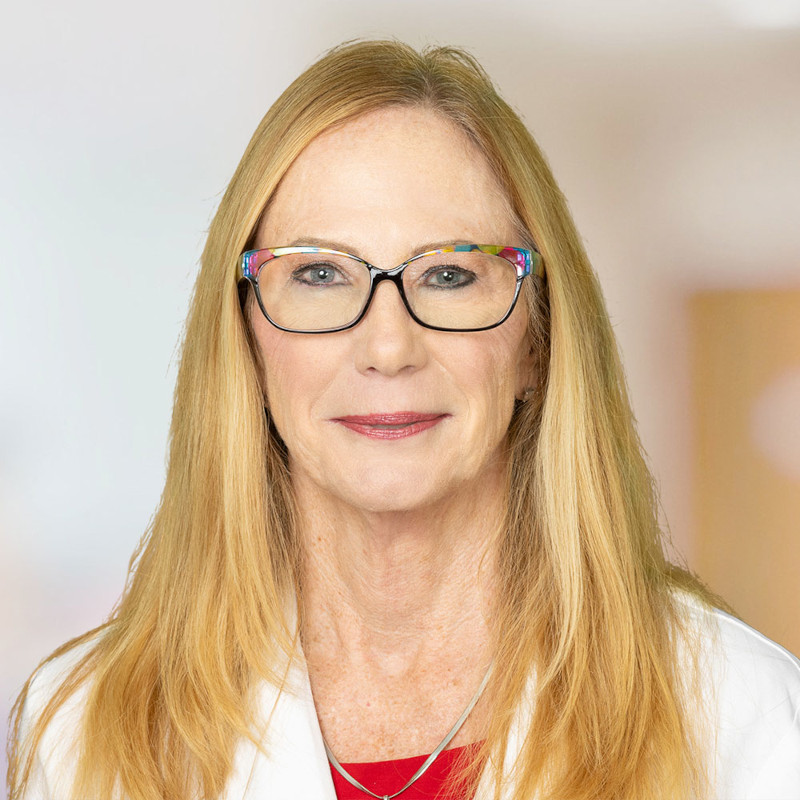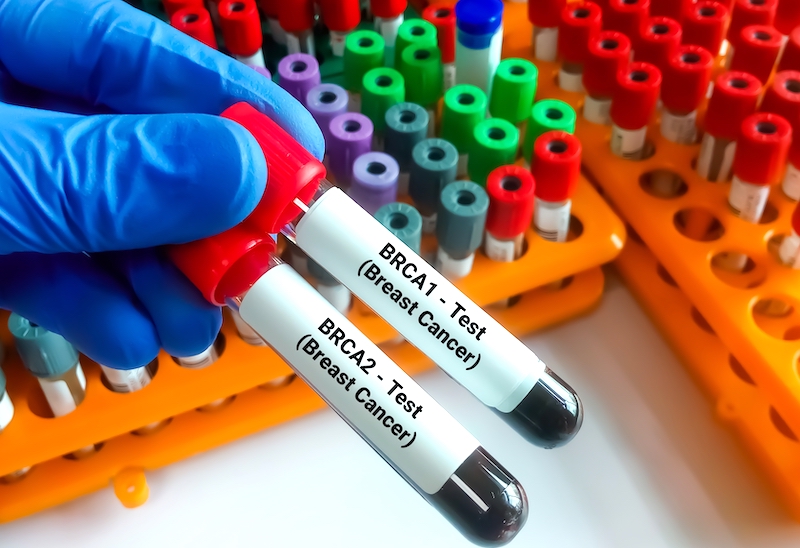Unlocking the Future of Cancer Care: Health First Provider Offers Insights into Genetic Testing
By Space Coast Daily // October 20, 2025
Genetic testing is available at the Health First Cancer Institute, led by Delori Dulany, AOCNP

BREVARD COUNTY, FLORIDA – There’s a powerful tool at the ready in the fight against cancer – one that can help you take control of your health and make informed decisions about your future.
Genetic testing is available at the Health First Cancer Institute, led by Delori Dulany, AOCNP, a board-certified Acute Oncology Care Nurse Practitioner. As Health First’s genetic navigator, being able to provide this innovative service is another tool in the arsenal to combat cancer.
Here, the old adage is definitely true: Knowledge is power. Especially in your health care journey.
“Genetic testing is a blood test that helps us determine if someone has a predisposition or increased risk for certain types of cancer,” Dulany explained in a recent episode of Putting Your Health First, Health First’s official podcast. “It’s about ownership of your health — knowing what may lie ahead and how to prepare for it.”
Dulany’s specialty is germline testing, which looks at inherited gene mutations present that may increase cancer risk.
She also works with tumor-based genetic testing to guide treatment protocols for patients already diagnosed with cancer. Both approaches are transforming how care is delivered — making it more personalized, proactive and precise.
Patients can self-refer for genetic testing at Health First Cancer Institute or be referred by their primary care or specialty physician. Dulany meets with each person to guide them through the process, being both clear and compassionate.
Talk to your health insurer to see if your family history qualifies you for genetic testing.
“Patients with a strong family history of cancer are more likely to qualify,” she said. “But even those without known history — like adoptees — can benefit greatly.”

The process is simple. After a consultation to discuss risks, privacy and testing options, patients can choose between a saliva kit or a blood draw. Dulany prefers the latter for its reliability. Results typically arrive within three weeks.
But don’t panic if you are tested and get a positive result – that doesn’t mean a cancer diagnosis, but increased risk.
“We’re not looking for cancer itself,” Dulany said. “We’re assessing risk. And if we find a mutation, we can intervene early with medications, screenings, or even preventive surgeries.”
One of the most well-known mutations is BRCA1, which significantly increases the risk of breast cancer.
“For BRCA1 carriers, the risk can be as high as 70%,” Dulany noted. “But we can reduce that risk by up to 90% with preventive measures.”
Importantly, Dulany emphasizes that care is never one-size-fits-all.
“Some women choose surgery,” she explained. “Others prefer high-risk screening every six months. We support every decision, because it’s about what’s right for each individual.”
CLICK HERE to listen to this episode of “Putting Your Health First.” For more information, call 321.728.6002 or visit hf.org and search “Cancer Genetic Testing.”












